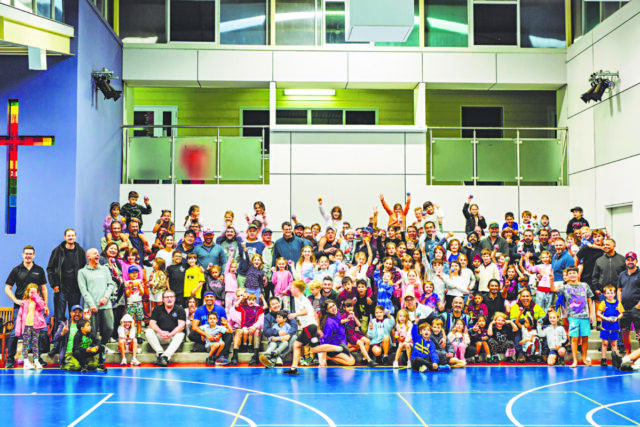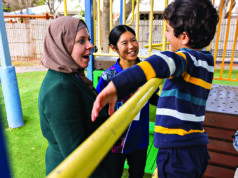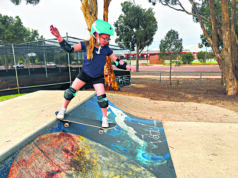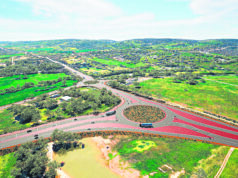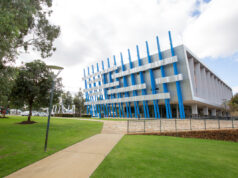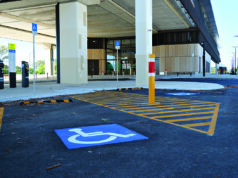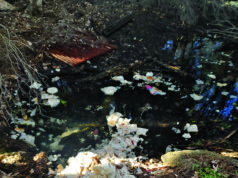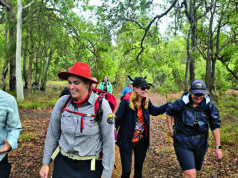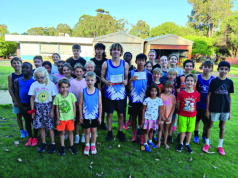At Gosnells Primary School, fathers are playing active role in their children’s education, and it’s making noticeable difference.
This change is a direct result of the school’s participation in the Fathering Project’s Dads’ Group program, an initiative aimed at encouraging fathers to become more involved with their children’s lives.
The school leadership team noticed that fathers were often the least involved group within the school community.
“We realised that fathers weren’t necessarily disengaged, they just didn’t know how to be involved or felt their presence wasn’t needed,” said Scott Tapper, principal of Gosnells Primary.
The team saw an opportunity in the Dad’s Group to help fathers connect with their children in a meaningful way and create a more balanced, inclusive school environment.
Before the Dad’s Group, Gosnells Primary primarily engaged parents through general events like parents through general events like parent-teacher meetings and school performances, which were typically attended by mothers.
The Dad’s Group provided the school with a way to reach out specifically to fathers, offering them events and activities tailored to their needs.
This has led to more fathers feeling a sense of ownership and relevance in the school, which has translated into more consistent and enthusiastic participation.
Since the program began, the positive effects on the school culture have been undeniable. The involvement of fathers has fostered a greater sense of pride and support among students.
“When students see their dads involved, it strengthens their connection to school,” Tapper explained.
Teachers have also noticed improvements, with increased family engagement and better communication between school and home.
For many fathers, the Dad’s Group has provided a valuable opportunity to deepen their relationships with their children.
Activities like BBQs, Lego builds, and competition have created new ways for dads and kids to connect, giving fathers the chance to spend quality time with their children in a supportive environment.
One father, who had been largely absent from school activities before joining the Dads’ Group, attended a Lego construction afternoon with his children. Over the course of the event, he connected with his children in a way he hadn’t before.

“That afternoon was a turning point in our relationship,” he later shared.
Since then, he’s volunteered at the school to spend more time with his kids. These moments of bonding are at the heart of the program’s success.
There have been challenges, of course. Initially, many fathers felt disconnected from the school, unsure of how they could contribute or if their involvement was needed. Time constraints also played a role, as many fathers were balancing work with their family life. The school addressed these concerns by offering flexible, informal events that didn’t require long-term commitments, and by consistently encouraging fathers to participate, no matter how small the involvement.
“We had to make it clear that even small acts of participation were valuable,” Tapper said.
“Positive messaging and consistent communication were key in building momentum.”
The impact of the Dads’ Group extends beyond just the school community. Fathers have supported each other through personal challenges like job losses and health issues. “By connecting dads with each other, we’re not just helping them become better fathers, we’re also strengthening the broader community,” said Shaun Chandran, a board member for The Fathering Project.
“When we create these spaces for fathers, we create stronger families, which in turn leads to stronger communities.”
The program has helped dads build camaraderie with each other, forming a peer network that encourages shared responsibility in the school community.
Looking to the future, Tapper hopes to see even more fathers actively engaged in their children’s education.
“Father involvement shouldn’t be the exception; it should be the norm,” he said.
He envisions a time when fatherhood is not seen as an add-on but as a fundamental part of school life. “The more dads we can get involved, the better it is for our students, families, and the school community.”


